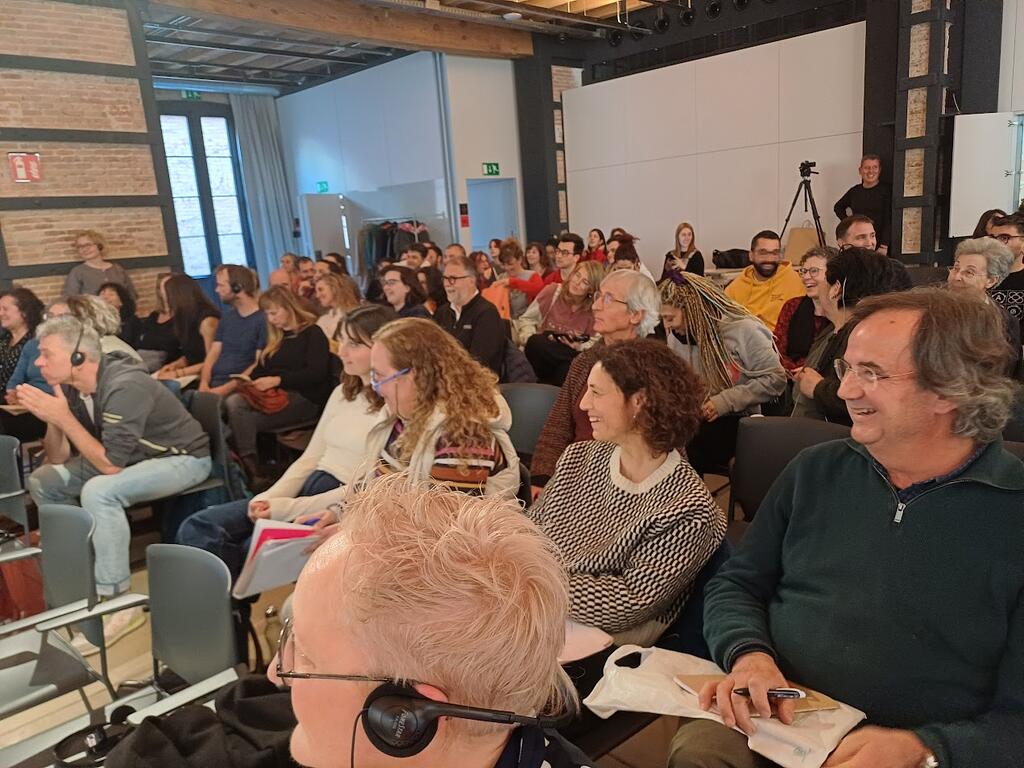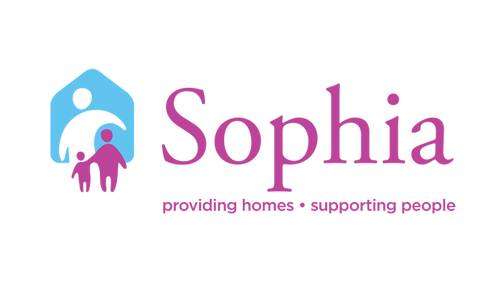
Sophia Housing Association Ireland
The principal activity of Sophia is that of the provision of homes with visiting supports as needed and required to successfully support people to progress out of homelessness. In 2023 Sophia supported 1,279 people (2022 - 1,203 people), offering a range of accommodation (with visiting supports) including 1, 2 or 3-bedroom houses or apartments, and catering for both long-term and short-term tenancies. This represents a 6% increase in the number of people supported in 2022. Sophia’s Housing Stability rate in 2023 was 98.4%.
The Board of Directors’ Policy to invest resources together with a committed staff has enabled Sophia to scale up its response to homelessness increasing the number of people it supports.
Not only does Sophia own and manage properties, but it also provides outreach and tenancy sustainment for people in public or private rented accommodation in order to support people at risk of becoming homeless.
Housing First is the Irish Government's main response to combat long-term rough sleeping and homelessness. Objectives relating to Housing First are included in the Irish Government's Programme for Government. However, this Erasmus Programme will provide opportunities for learning how Housing First can be adapted and developed to meet the needs of more people.
Already Policy Makers are showing a remarkable interest in this programme, this is evident by their attendance at the Irish seminar (Dublin, February 2024) and their follow-on. We were delighted to welcome Minister for Housing, Local Government and Heritage i Darragh O’Brien and listen to his opening address at our Adapting Housing First Seminar in February 2024.
As the project leader partner Sophia Housing will coordinate and manage the whole consortium and overall content of the project as well as activities with the other partners. Sophia will ensure effective communications between the partners, Léargas and the EU Commission, to meet the obligations in terms of budget and reporting periods.
Tony O’Riordan, Chief Executive Officer, Sophia Housing is the Project Manager of Adapting Housing First.
Etain Kett, Administration and Compliance Manager, Sophia Housing is Project Coordinator.
The Project Management Team is supported by Léargas with meetings held to discuss overall project status. Insights and recommendations from Léargas are invaluable in our ongoing committment to continous improvements and the areas where we can enhance our processes and controls. Our goal is to implement effective measures that not only align with these recommendations but also strengthen and deliver results with maximum value.
We organise Steering Committee Meetings involving senior representatives from each partner organisation to make strategic decisions and address high-level issues, to review progress, discuss challenges, and plan upcoming activities.
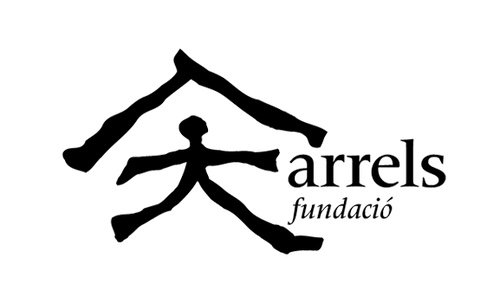
Arrels Barcelona, Catalonia, Spain
Arrels Fundació is a non-profit private foundation for the attention of homeless people in Barcelona founded in 1987. Arrels Foundation was created by volunteers and, since the organisation’s beginning, it has delivered support services to rough sleepers in Barcelona, especially the most vulnerable. Those people that because of their personal situation or social environment do not have enough skills for a real recuperation process.
Their mission is:
To ‘accompany’ the chronic homeless to be as autonomous as possible, taking into account their possibilities and personal capabilities (caring for people).
To raise awareness about homeless situations (social awareness).
To report unfair situations and make proposals to fight and struggle against the causes of poverty and social exclusion (transformation).
Arrels Foundation is one of the oldest homeless service organisations in Barcelona and is one of the main promoters of Housing First in Catalonia. Since 1987, Arrels Foundation has had three main goals: to support homeless people, to raise public awareness about homelessness, and advocate for political change. They provide a huge range of homeless services, via:
A Street Outreach Team.
Housing First
Care Home
Sheltered Housing
A Day Center which provides supports to people who are homeless and living on the street
A Legal Team
An Advocacy Team
An occupational workshop which helps people with fewer opportunities find work.
A team that provides supports for elderly people
A hospitals support team
One of Arrels Foundation’s principles is the involvement of volunteers in all its programmes, services, and participation levels. Currently, around 344 volunteers collaborate one morning or afternoon at least once a week in one of the different services and departments. All volunteers receive specific training on issues related to people experiencing homelessness and, on the values, and principles of the organisation. Of Arrels Foundation’s budget for 2023, 73% came from private funds raised by 6.145 donors (Arrels Fundació, 2023). This allows the organisation to be self-governing and innovative.
They have a working team of 95 people, this includes educators, social workers, lawyers, nurses, communications professionals, computer experts, experts in financing, maintenance and logistics technicians, etc.
In January 2015, Arrels Foundation’s leadership made an important structural shift in the decision to implement Housing First. This transformation represented an important challenge for the organisation and required commitment to a culture of innovation, a reconfiguration of programmes and services, and the application of a client-centred approach.
The Housing Support team and the Social Work department were restructured into Individual Support service, composed of three individual support teams that offer housing and client-led supports. The Arrels Foundation’s open centre, the outreach service, and the care home Llar Pere Barnés were retained. These HF programme streams include volunteers, programme, and case managers. Additionally, in January 2017, Arrels Foundation opened a new accommodation facility called “Flat Zero”, a flexible and low threshold resource for individuals who live on the street, fail to adapt to the HF model, and are unable to find a place in any other resource. It is designed to provide a safe, secure, and clean shelter for the most vulnerable programme participants when they run out of other options. Approximately 20% of Arrels Foundation’s programme participants fall into this category.
Arrels Fundació have a number of activities and experience that is relevant o this project. They have 7 years’ experience with the Housing First model, as they opened their first project in January 2015 in Barcelona. They have gone through a process of complete reconfiguration of their structure and services, which means that the staff that had been working following the more classical models in homelessness and had to be trained into a new model, and to adapt themselves to the core principles of Housing First.
Arrels is lead partner for the European End Street Homelessness Campaign in Barcelona, this campaign takes immediate action to increase and strengthen street outreach teams, providing and opening more accommodation, improving the advice available for the general public around rough sleeping, and using robust data to influence both policy and practice.
Arrels published a report funded by World Habitat’s Innovation Grant – which gave an in-depth analysis of homelessness in Barcelona. The report ‘Viure al carrer a Barcelona. Radiografia d’una ciutat sense llar’ (Living on the streets in Barcelona. An x-ray of a homeless city) influenced the city’s homeless services and policies. This experience will be invaluable in drafting the policy document in conducting the research.
Their experience training and working with almost 400 volunteers is something no other partner has in this project.
Another important experience Arrels brings to the project is that they have roughly 30 people who have experience of being homeless participating in maintenance and logistics tasks, who give talks on homelessness and who collaborate in running their Day Centre.
Main contact: Guillem Fernàndez Evangelista.
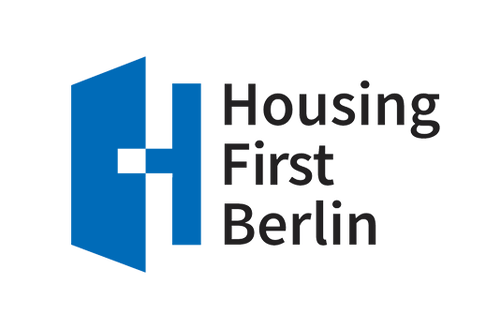
Housing First Berlin Germany
Housing First Berlin is a partnership project of the two Berlin nonprofit organisations Neue Chance gGmbH and Berliner Stadtmission.
Neue Chance gGmbH was founded in May 2010 by the Diakonisches Werk Berlin-Brandenburg-schlesische Oberlausitz eV and has been a wholly owned subsidiary of GEBEWO - Soziale Diensten Berlin - gGmbH since September 2010.
Neue Chance gGmbH currently has around 250 full-time employees, 20 locations and around 650 rented apartments across the city of Berlin.
Neue Chance gGmbH offers a wide range of social services for young people, adults and families. This goes from emergency winter shelters and low threshold offers (for rough sleepers) over supervised group and individual housing (for people of all age) to more residential facilities (e.g. for people with severe addiction).
In the area of housing emergency assistance, Neue Chance work both preventively and with accommodation in supported apartments. In the forms of assisted living, care close to the living space and e.g. For example, the rental competence certificate helps to ensure our clients the best possible chance of obtaining their own main rental agreement.
A key area of competence lies at the interfaces between the fields of housing emergency, youth and integration assistance. With new and innovative projects – like a design studio for young homeless, a supply with digital devices for digitally suspended one or the Housing First approach – Neue Chance always tries to meet special needs and to fill gaps in and between the regular help systems.
The Berliner Stadtmission is part of the Evangelical Church Berlin-Brandenburg-Schlesische Oberlausitz (EKBO). Under the motto “Seek the best for the city and pray to the Lord for it” (Jeremiah 29: 7), it has been involved in various ways for people in need since its foundation in 1877.
Various low threshold offers of cold help are just as much a focus of her work as the service types according to 67, 68 SGB XII, which were developed by the Stadtmission about 30 years ago.
The two organizations form a project partnership for the Housing First Berlin project. The responsibilities and structures are regulated in a binding agreement. All-important personnel and content-related decisions are made in the regular project conference.
Housing First Berlin started – after six years of preparation and as the first project with this approach in Germany – in 2018, when it was funded by the social department of the city Berlin. A 2021 evaluation – after the model project phase – showed that 97% of service users with experience of homelessness have sustained their tenancies and are still housed after 3 years. The evaluation reveals that Housing First tenants experienced a substantial increase of quality of life, and high satisfaction with support offered.
On this base Housing First Berlin started a significant expansion of the project with a doubled funding of the city of Berlin.
Since the start, around 80 homeless people – mostly with complex needs – have been accepted into the project and provided with housing.
Currently, around 60 people are being supported in their homes. The levels of intensity are very different and flexible – some people use the support setting almost daily, many people use it long-term for a few times a week, some people only when they call the team for special needs or when the team hears about crisis.
Housing First Berlin in 2024 has an interdisciplinary team of 12 employees on 9,7 full time equivalents. In addition to a team leader there are five social workers, two social assistants, two peer workers and a psychologist. One team member is solely responsible for the acquisition of homes.
There is close cooperation with both municipal and private housing companies. All participants have normal rental apartments scattered over whole Berlin with a normal main rental agreement.
Since the start, Housing First Berlin is working on a national network to promote the dissemination of the approach and to bring the realization from small funding dependent projects to the regularly financed help system. For this reason, the project also founded in 2022 the Bundesverband Housing First Germany together with some other organisations.
The main contact is Ingo Bullermann, CEO of Neue Chance gGmbH. Ingo is an experienced Social Worker and manager.
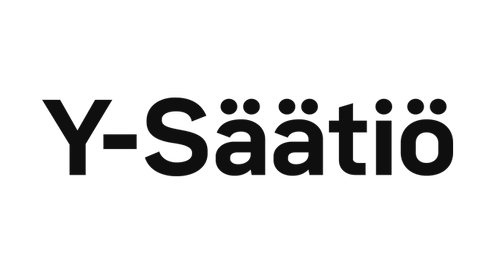
The Y-Foundation Finland
The Y-Foundation owns over 19000 apartments and operate in 57 cities and municipalities in Finland. They are the fourth largest landlord in Finland. The Foundation offers rental homes for low-income people. people experiencing homelessness and those who are under a threat of becoming homeless.
The Y Foundation is actively involved as a national developer of Housing First. They also founded the European Housing First Europe Hub together with Feantsa and coordinated it between 2016-2023. It supports the dissemination of anti-homelessness efforts based on the Housing First principle and the continued development of methods and practices.
The Y-Foundation will lead the research elements of the project.
Since its foundation in 1985 the Y-Foundation has developed support services for tenants in cooperation with local authorities, social & health services, NGOs & religious groups. The target groups in this work have been young people, people with mental health or addiction problems, homeless people & people with disabilities.
The Foundation has established homelessness networks in Finland & abroad which are coordinated by the Foundation. The Housing First Development Network is one of the Y-Foundation’s most important modes of cooperation. Coordinated by the Foundation, the network is open to all Finnish organisations working with segregation & homelessness & housing issues. It provides employees with training, develops work against inequality & builds cooperation aimed at ending homelessness in Finland.
In 2016, the Y-Foundation & 15 of its international partners established the Housing First Europe Hub network. It is coordinated by the Y-Foundation in cooperation with the European homelessness organisation FEANTSA. The goal of the Hub is to help spread awareness of homelessness work based on the Housing First principle & develop permanent practices. The Y-Foundation has also been a member of the international umbrella organisation of homelessness work FEANTSA since the 1990s.
The Y-Foundation is an exceptional landlord in that it also carries out research. The aim of the Y-Foundation’s research & development work is aligned with the Foundation’s strategic goals: increasing & maintaining the financial & social well-being of its residents, ending homelessness & becoming carbon neutral. Development activities have been part of the Foundation since its establishment. The Foundation uses the results of research projects to develop its work & improve the status of those who experience homelessness.
Other ongoing projects of the foundation are employment projects for its tenants, further developing housing counselling services to prevent homelessness & creating low-threshold work activities for tenants outside the open labour market. It is also involved in creating innovative housing solutions for rental housing & promoting integration. The Y-Foundation´s work has been internationally recognized with the World Habitat Award (2014) & the European Civil Society Prize (2015).
Main contact: Juha Kahila, Head of International Affairs, Y-Foundation. Juha has been working for 10 years in the field of homelessness. He started as a frontline support worker in 2010 for the Finnish Youth Housing Association services (NALPA).
